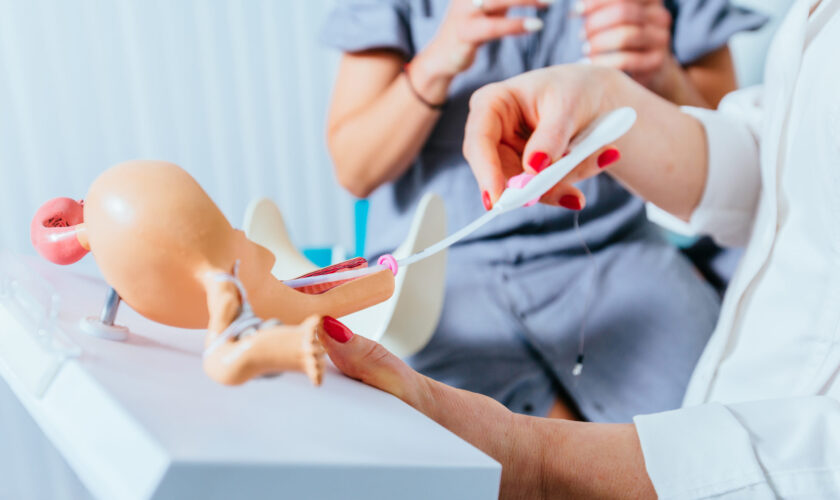Understanding the Stages of Cancer
The stages of cancer refer to the extent or spread of the cancer. There are typically four stages of cancer, with stage 1 being the least advanced and stage 4 being the most advanced.
Stage 1: The cancer is small and has not spread to nearby tissues or organs.
Stage 2: The cancer is larger and may have spread to nearby tissues or organs.
Stage 3: The cancer has spread to nearby lymph nodes or other organs.
Stage 4: The cancer has spread to distant parts of the body.
Why Knowing the Stages of Cancer is Important
Knowing the stage of cancer is important because it helps doctors determine the best course of treatment and prognosis for the patient. Treatment options and prognosis can vary greatly depending on the stage of cancer.
For example, early-stage cancer may be treated with surgery or radiation therapy, while more advanced cancer may require a combination of treatments, such as chemotherapy and immunotherapy. Knowing the stage of cancer can also help patients and their families understand what to expect during treatment and recovery.
Empowering Patients Through Knowledge
Knowing the stage of cancer can also empower patients by giving them a sense of control and understanding of their disease. It allows them to be an active participant in their treatment decisions and to ask informed questions of their healthcare team.
Patients who are informed about the stages of cancer may also be more likely to seek out a second opinion or explore different treatment options. This can lead to better outcomes and improved quality of life.
In Summary
Knowing the stages of cancer is an important part of cancer diagnosis and treatment. It helps doctors determine the best course of treatment and prognosis for the patient, and it empowers patients by giving them a sense of control and understanding of their disease. Patients who are informed about the stages of cancer may be more likely to seek out different treatment options and improve their outcomes. If you or a loved one has been diagnosed with cancer, ask your doctor about the stage of cancer and how it may impact your treatment and prognosis.


